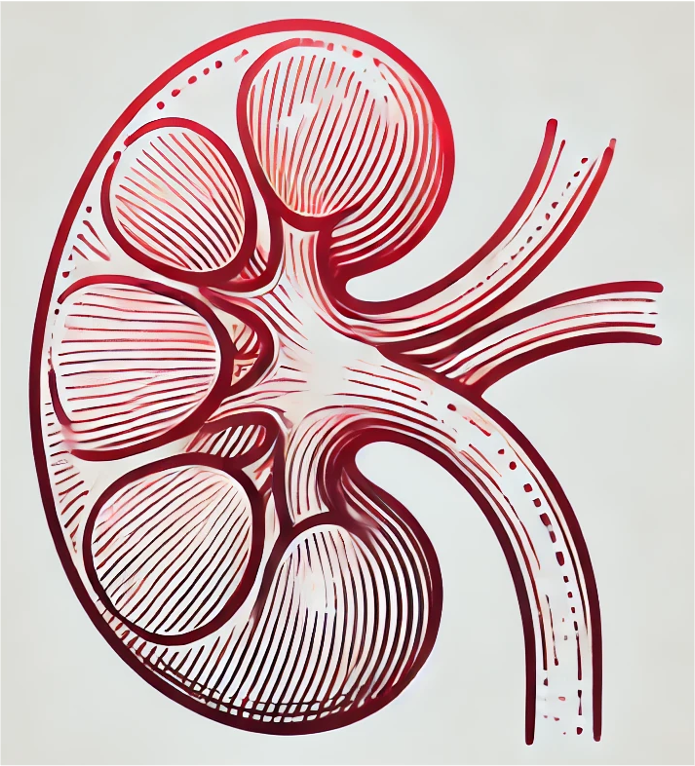Description
Background: Acute kidney injury (AKI) is a common sequela of infection with SARS-CoV-2 and contributes to the severity and mortality from COVID-19. Here, we tested the hypothesis that kidney alterations induced by COVID-19-associated AKI could be detected in cells collected from urine.; Methods: We performed single-cell RNA sequencing (scRNAseq) on cells recovered from the urine of eight hospitalized COVID-19 patients with (n=5) or without AKI (n=3) as well as four non-COVID-19 AKI patients (n=4) to assess differences in cellular composition and gene expression during AKI.; Results: Analysis of 30,076 cells revealed a diverse array of cell types, most of which were kidney, urothelial, and immune cells. Pathway analysis of tubular cells from patients with AKI showed enrichment of transcripts associated with damage-related pathways compared to those without AKI. ACE2 and TMPRSS2 expression were highest in urothelial cells amongst cell types recovered. Notably, in one patient we detected SARS-CoV-2 viral RNA in urothelial cells. These same cells were enriched for transcripts associated with anti-viral and anti-inflammatory pathways.; Conclusions: We successfully performed scRNAseq on urinary sediment from hospitalized patients with COVID-19 to noninvasively study cellular alterations associated with AKI and established a dataset that includes both injured and uninjured kidney cells. Additionally, we provide preliminary evidence of direct infection of urinary bladder cells by SARS-CoV-2. The urinary sediment contains a wealth of information and is a useful resource for studying the pathophysiology and cellular alterations that occur in kidney diseases.
Overall Design
Single-cell RNA sequencing of cells obtained from urine of patients with COVID-19. There are 12 total samples from 12 separate patients, 5 with COVID19 AKI, 3 with COVID19 without AKI, and 4 with non COVID19 AKI
Curator
xm_li
